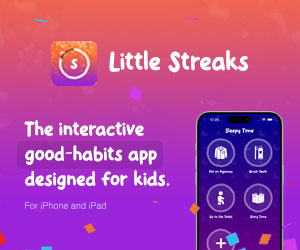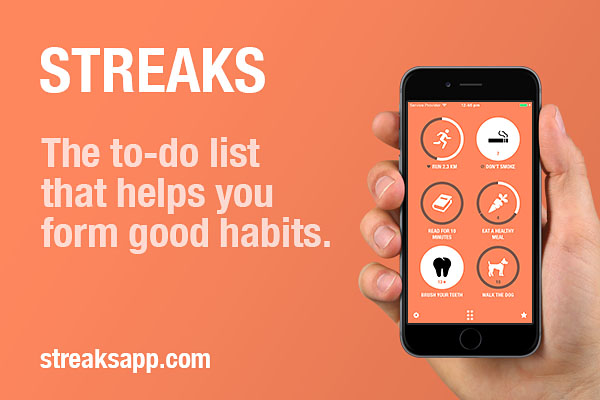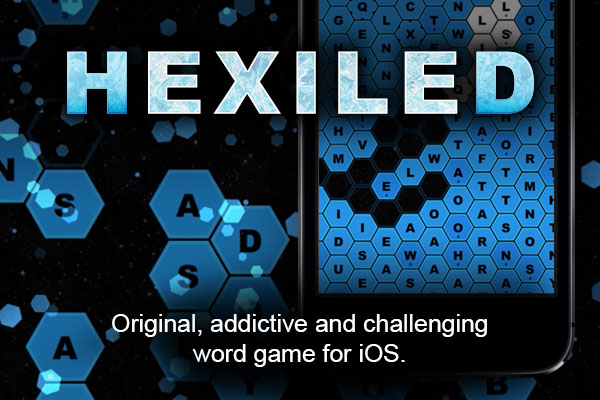Full text
The Perth Wildcats, who stormed into the National Basketball League grand final on Sunday, are on the brink of another upset: returning a handsome profit for their 89-year-old owner in a struggling league.
Few elite sports clubs in Australia make money and most barely break even. But Jack Bendat's Wildcats are likely to make a profit of about $1 million from revenue of about $10 million this season, a good result for any business, let alone a sports franchise.
With his players doing more community work than any other NBL club and a Wildcats’ Inspire schools program that promotes the team to children, Bendat has more than tripled crowds since he bought the team in 2007, to an average of 12,000 a game.
Its financial results are better than many Australian Football League, National Rugby League, rugby union and soccer clubs struggling to stay out of the red.
The NBL final series began late last week after Perth finished the regular season at the top of the ladder.
On Sunday, the team beat the Wollongong Hawks, 80-61, at the WIN Entertainment Centre in Wollongong, to win their grand final spot after also beating Wollongong 91-79 on Friday night.
Perth signed high-flying American import James Ennis from NBA champion Miami Heat for the 2013-14 season. Ennis’s athleticism makes him a very difficult player to contain and is his biggest advantage against the local competition. On Sunday he was the team’s second-highest scorer, on 19 points.
Under Bendat, a BRW Rich List member, the Wildcats have rapidly grown their fan base and improved their finances through a strong community focus.
The success means the Perth Wildcats, as a business, are larger than some A-league football clubs and Big Bash League domestic cricket franchises.
Community commitment
Perth chief executive Nick Marvin said the club insisted each player do at least 350 hours of community programs every year, well above the 150-hour threshold across the league.
"We’ve lost some players over the years due to that," Marvin says. “But it’s very important to us. “What we have always been told is that basketball has to tap into its participation base [at junior and amateur level] and, if we did that, then the crowds would come.
“But we think that’s wrong. What we have found is that [if] we promote ourselves as an entertainment product for families and engage with the fans, you will get the crowds.”
Bendat took over in 2007 when it was at a low ebb, struggling to survive in a league that was slipping away from its glory days of the 1980s and 1990s.
Marvin said the team was struggling financially and not engaging enough with the community. It played at the smaller Challenger Stadium, in front of at most 4000 fans, after Kerry Stokes sold it to some former players.
The community program was then extended by Bendat and eventually became the Wildcats Inspire schools program. Eight schools are selected from the lower socio-economic sector and 50 children from each school are selected to partake in the program.
Role models
Players act as role models for the children, promoting numeracy and literacy skills with incentives in the form of game tickets and merchandise offered, as well as special matches between the players and students.
“We think if you get to people early you can get them to become a fan for life,” Marvin says. “We do surveys of our fans that have found 93 per cent want to come back and 78 per cent want to become members.”
The Wildcats moved into the new Perth Arena last year and have been drawing an average 12,000 fans a game, the highest in the NBL. Including corporate tickets, Perth has about 8500 members or season-ticket holders.
“We think about 50 per cent of our fans aren’t traditional basketball fans,” Marvin says. “So we have to package what we do as two hours of entertainment or one hour and 45 minutes really. That is where it is heading for families, so we have 40 minutes of hoops and one hour and five minutes of entertainment. About 80 per cent of our fans don’t play basketball either.”
The club derives about 27 per cent of income from membership and 23 per cent from other ticket sales, therefore the need to make attending matches as appealing as possible. About 15 per cent to 20 per cent revenue is from corporate hospitality, 15 per cent from sponsorship and the remainder from other sources such as merchandise.
Marvin is also the chairman of the NBL, which has been plagued by problems for more than a decade, including the collapse of several teams and lower television ratings.
NBL expansion
The league was privatised at the start of the season and aims to expand by 2015-16 from its current eight teams, with new sides mooted for Brisbane and potentially south-east Melbourne, Hobart and Canberra.
“Brisbane is the priority but we have to do a better job of promoting the league and making it appealing to broadcasters,” he says. “We also want to forge closer relationships with the NBA [in the United States] and to introduce a system next year where every team can sign a player above the salary cap, with a luxury tax on top of that.”
Marvin says the NBL should model itself as a development league for NBA clubs, which would send top prospects to develop their skills. Bendat moved to Western Australia from the US in the mid-1960s. He worked in partnership with Kerry Stokes for years, building shopping centres and media interests.
The partnership ended after 18 years when Stokes “wanted to go bigger” and Bendat wanted to stay in WA.
Bendat is also involved in philanthropic activities, backing hospitals and youth services.
“Money is no use to you when you’re gone,” he told BRW last year. “That’s why I am putting it back into the community now, while I can,” Bendat says.






